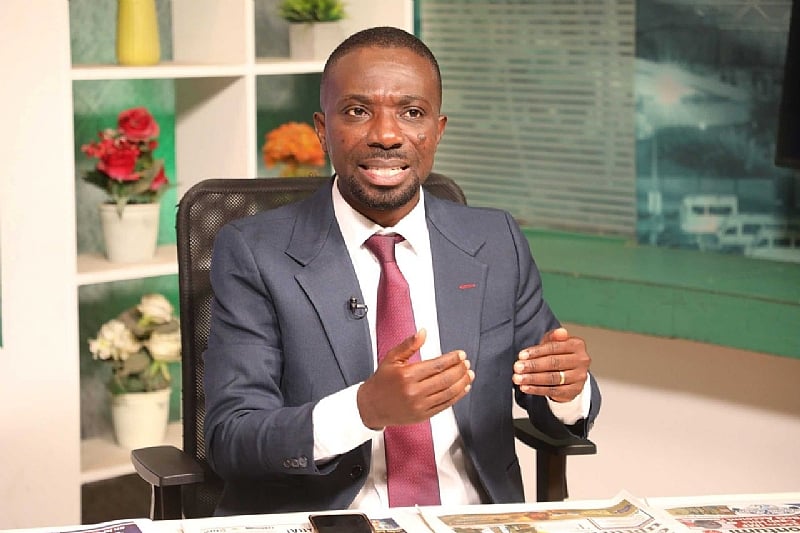Dennis Miracles Aboagye, an aide to former Vice President Dr. Mahamudu Bawumia, posits that Ghanaian electoral history demonstrates a clear pattern: consistent presentation of the same candidate over multiple elections significantly increases their chances of winning. He points to the recent victory of former President John Dramani Mahama in the 2024 elections as a prime example, emphasizing Mahama’s perseverance after previous electoral defeats. This victory, Aboagye argues, solidified Mahama’s connection with the electorate, a connection forged through consistent engagement and repeated exposure. This suggests that familiarity breeds trust and acceptance in the Ghanaian political landscape, making it more likely for voters to eventually embrace a persistent candidate.
Aboagye further supports his assertion by referencing the political trajectories of former Presidents John Agyekum Kufuor, John Evans Atta Mills, and Nana Addo Dankwa Akufo-Addo. Each of these leaders, he notes, achieved the presidency after multiple attempts, highlighting the efficacy of persistence in Ghanaian politics. Their eventual successes, he implies, were built upon the foundation of previous campaigns, allowing them to refine their messages, broaden their appeal, and ultimately secure the mandate of the people. This historical precedent, according to Aboagye, provides a valuable lesson for political parties in Ghana.
Applying this logic to the New Patriotic Party’s (NPP) future prospects, Aboagye advocates for the re-nomination of Dr. Bawumia as their presidential candidate in the 2028 elections. He believes that Bawumia’s performance in the 2024 elections, where he garnered 41% of the votes, provides a strong base upon which to build a winning campaign in 2028. This existing support, Aboagye argues, offers a significant advantage over any other potential candidate within the NPP who lacks a proven track record in a presidential election. Starting with a substantial portion of the electorate already inclined towards Bawumia, the party’s efforts can be focused on securing the remaining votes needed for victory.
Aboagye emphasizes the risk inherent in choosing a new, untested candidate. While a new aspirant might promise great things, their actual performance in a general election remains an unknown variable. He underscores the potential for a new candidate to perform even worse than Bawumia, thus squandering the substantial support base already established. In contrast, Bawumia’s 41% represents a tangible asset, a known quantity, providing a solid foundation for future success. Choosing a new candidate, in Aboagye’s view, would be akin to gambling away a substantial portion of the electorate’s support for an uncertain outcome.
The core of Aboagye’s argument rests on the perceived value of name recognition and established voter base. He believes that the familiarity and trust built during Bawumia’s 2024 campaign provides a crucial springboard for a 2028 bid. Continuing with Bawumia, he argues, allows the NPP to capitalize on the existing positive sentiment and avoid the risk of a newcomer failing to connect with the electorate. This approach minimizes the need to introduce a new candidate to the public and build support from scratch, a process that can be time-consuming and resource-intensive.
In essence, Aboagye presents a pragmatic argument based on electoral trends and risk mitigation. He frames the choice between Bawumia and a new candidate as a choice between a known quantity with a significant level of support and an unknown entity with uncertain prospects. He concludes that continuing with Bawumia is the most logical and efficient path towards regaining power for the NPP in 2028. By sticking with a familiar face who has already demonstrated considerable electoral appeal, the party can leverage existing support and focus its efforts on bridging the gap to victory.


